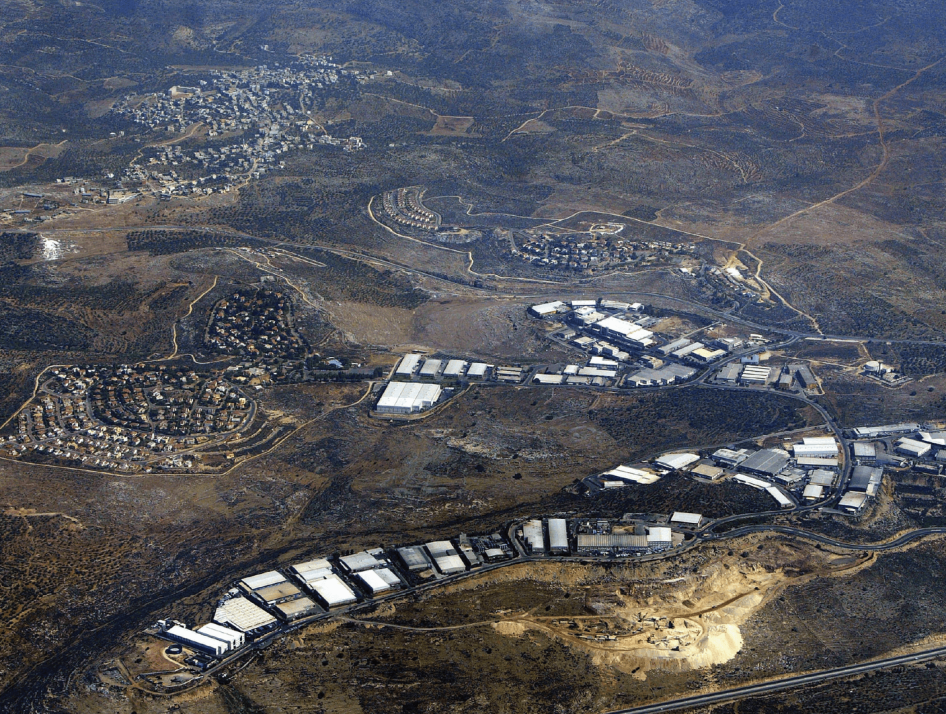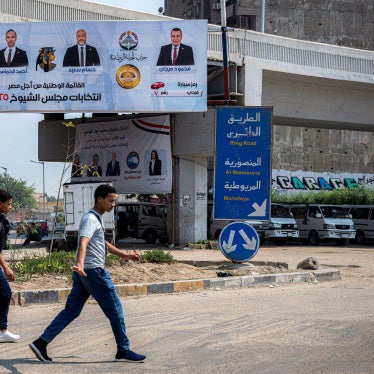In an editorial published on January 21, “Boycott the West Bank? Nope. Label Settlement Products? Well, OK,” Jane Eisner opposes Human Rights Watch’s call for businesses to pull out of Israeli settlements because it “would grind economic activities to a halt, hurting ordinary citizens both Israeli and Palestinian,” amounting to “collective punishment.” This assessment doesn’t stand up to analysis.
Eisner’s claim that the cessation of settlement business would halt West Bank economic activity ignores the Palestinian economy, which, according to the World Bank, would grow by a third if Israel lifted its restrictions on Palestinian economic activities in Area C.
Furthermore, the West Bank is not “disputed land,” as Eisner asserts, but is under military occupation. Even the Israeli Supreme Court applies international humanitarian law there. Settlements in occupied territory violate the international humanitarian law prohibition against an occupying power transferring its own civilians to occupied territory. The discriminatory system in the West Bank inverts Israel’s obligations under international law, which make protecting the civilian and economic life of the occupied population paramount and prohibit exploiting occupied territory for its own economic benefit.
Ignoring the different legal status of Palestinians and settlers, Eisner argues that the withdrawal of settlement businesses would collectively punish settlers. But these businesses should not have been providing services to the illegal settlements in the first place. Settlement businesses unavoidably contribute to Israel’s violations by facilitating the operation of settlements and contributing to Israel’s confiscation of Palestinian land and other resources. They also entrench and benefit from this discriminatory system.
Settlement businesses should not be let off the hook because ceasing their operations would make life in settlements a little harder. Ending their activity in or with settlements would bring businesses in line with their human rights responsibilities. It would accomplish that by ending their contribution to Israel’s violations of Palestinian rights in the West Bank, which have persisted for nearly 50 years.










